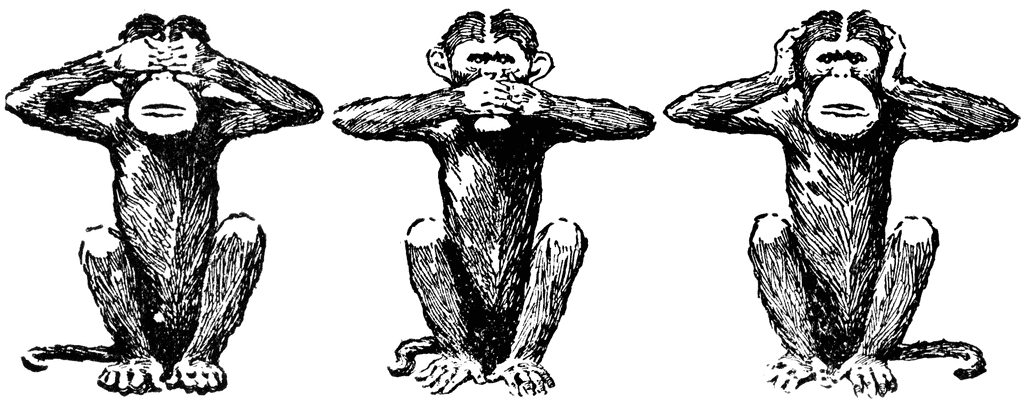 Twitter may be limited to only 140 characters, but that hasn't stopped some celebs from hiring their own ghost tweeters. Props to Shaq and Lance for staying real, but 50 cent, Kanye and Britney? Not real(ly).
Twitter may be limited to only 140 characters, but that hasn't stopped some celebs from hiring their own ghost tweeters. Props to Shaq and Lance for staying real, but 50 cent, Kanye and Britney? Not real(ly).I have to admit that I've never understood the allure of Twitter. I guess you can argue that the phenomenon provides an interesting study in cultural anthropology. In any case, it's a great way for someone famous (or somewhat famous) to keep the dialogue with friends and fans. And for fans, there's something pleasant about the faint connection with that celeb you think you know. Which is why the idea of having a ghost tweeter just strikes all the wrong chords.
That Twitter has become a powerful marketing tool for brands, I totally understand. What brand doesn't want another means for speaking directly, intimately and openly to their consumers? So while Joseph Nejman, former Britney consultant, can cry hypocrisy when he argues -- "It's O.K. to tweet for a brand, but not O.K. for a celebrity. But the truth is, they are a brand." -- I'm just not buying it.
The point of social media is to have "real" conversations. This includes both companies as brands and celebrities. It is O.K. for people employed by a company to tweet on behalf of their brand (as long as they disclose their affiliation, of course) -- after all, companies are rarely about just one individual. But, the celebrity brand is all about the individual. So while some celebs might want to cower behind fake tweets, it might help to know that only real tweets by a real person ultimately make for a real brand.












